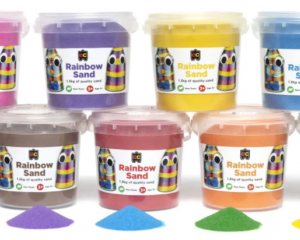The authors of the Sex and Transmission Prevention study say this could mean the number of gay and bisexual men able to become donors could triple in size.
Currently men who've had sex with other men in the past three months aren't eligible to donate because of policies around HIV.
But this new study has found it is safe to expand the criteria to people with low to no risk of HIV. For example, men in monogamous relationships.
Associate Professor Peter Saxton from the Auckland University School of Population Health was the lead researcher for the study.
He said it is a chance for the New Zealand Blood Service to gain more donors.
"I think it should encourage the blood service to rebuild their relationships with the gay community so that, if the policy does change in future, more gay and bisexual men will be willing to come forward and donate blood."
Saxton said other countries, like Canada and the United Kingdom, had already adopted more inclusive policies, and based on the research he believes New Zealand should too.
"When we look at the UK who made their move two years ago, they haven't seen a signal since that indicates an even more inclusive policy has increased risk to donors."
The New Zealand Blood Service has already made an application to Medsafe to expand its donor criteria, and says it is willing to look at improving policies. Saxton hopes to see a change in New Zealand within the next 12 months.
- By Emily O'Hagan, made with the support of NZ On Air













